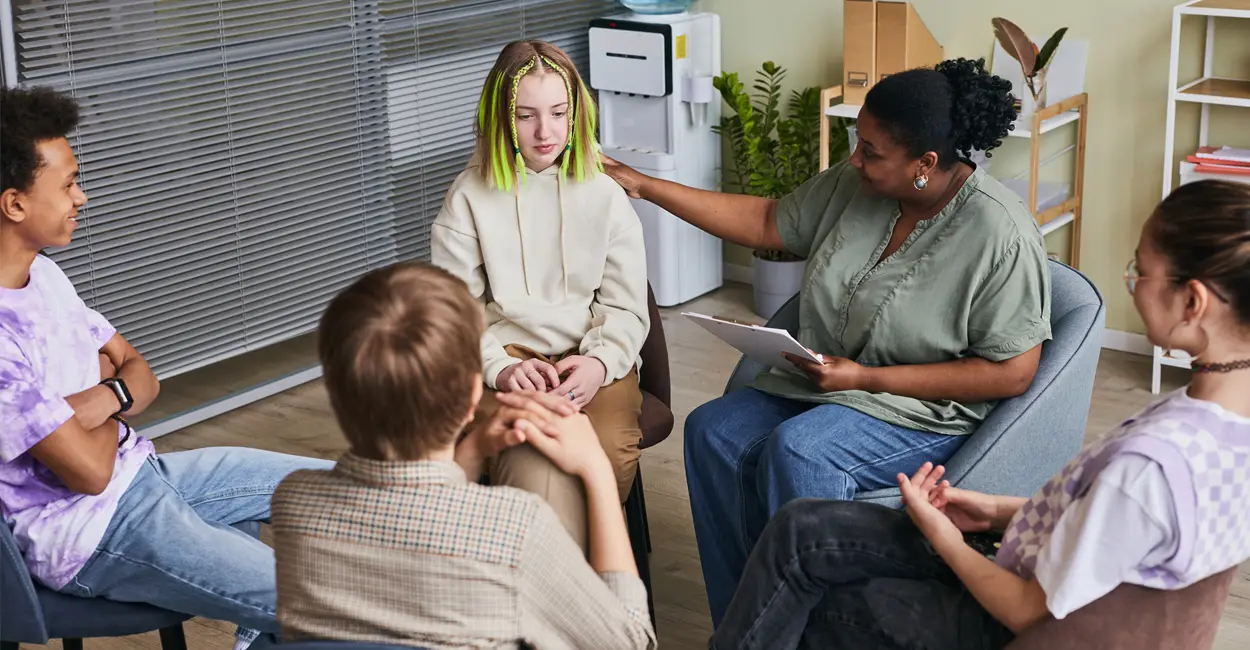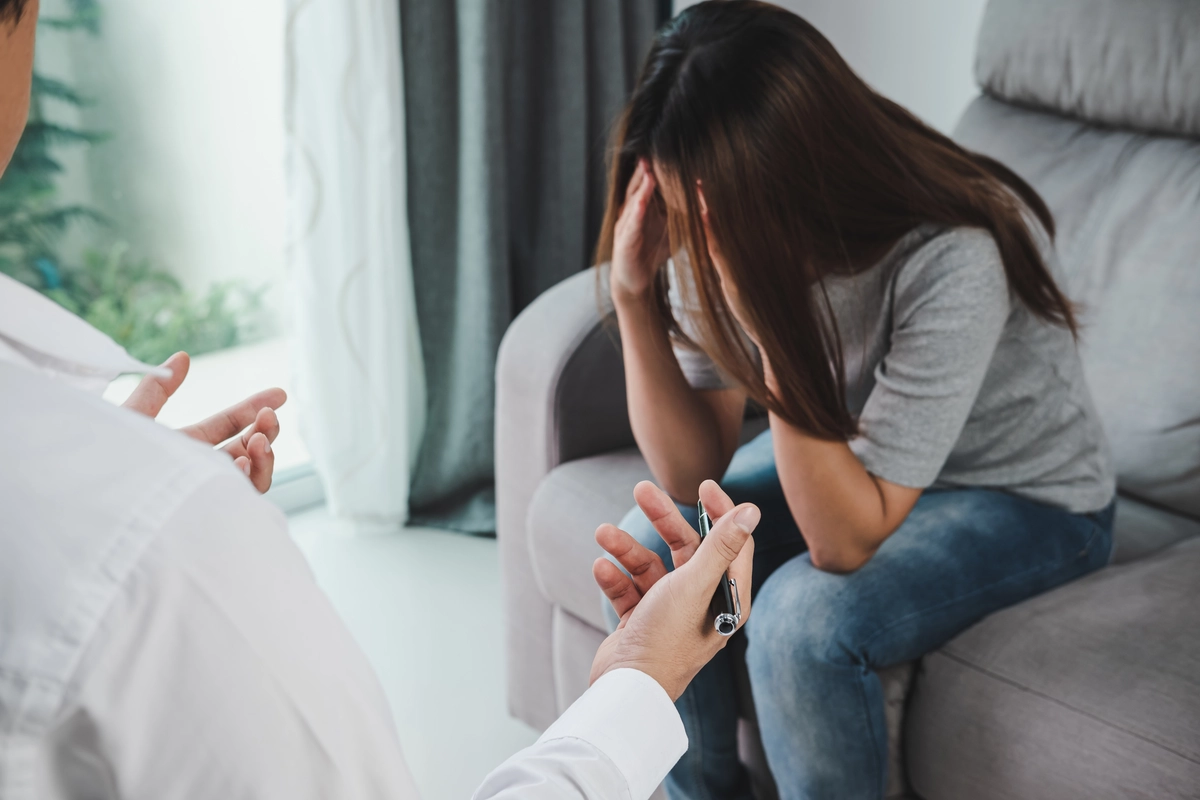24/7 Helpline:
(866) 899-221924/7 Helpline:
(866) 899-2219
Learn more about PTSD Treatment centers in Myrtle
PTSD Treatment in Other Cities

Other Insurance Options

Optima

WellPoint
Beacon

Highmark

ComPsych

Ceridian

Holman Group

BlueShield

Multiplan

Magellan Health

Regence

United Health Care

Premera

CareSource

Evernorth

MHNNet Behavioral Health

Choice Care Network

UnitedHealth Group

Carleon

Access to Recovery (ATR) Voucher













